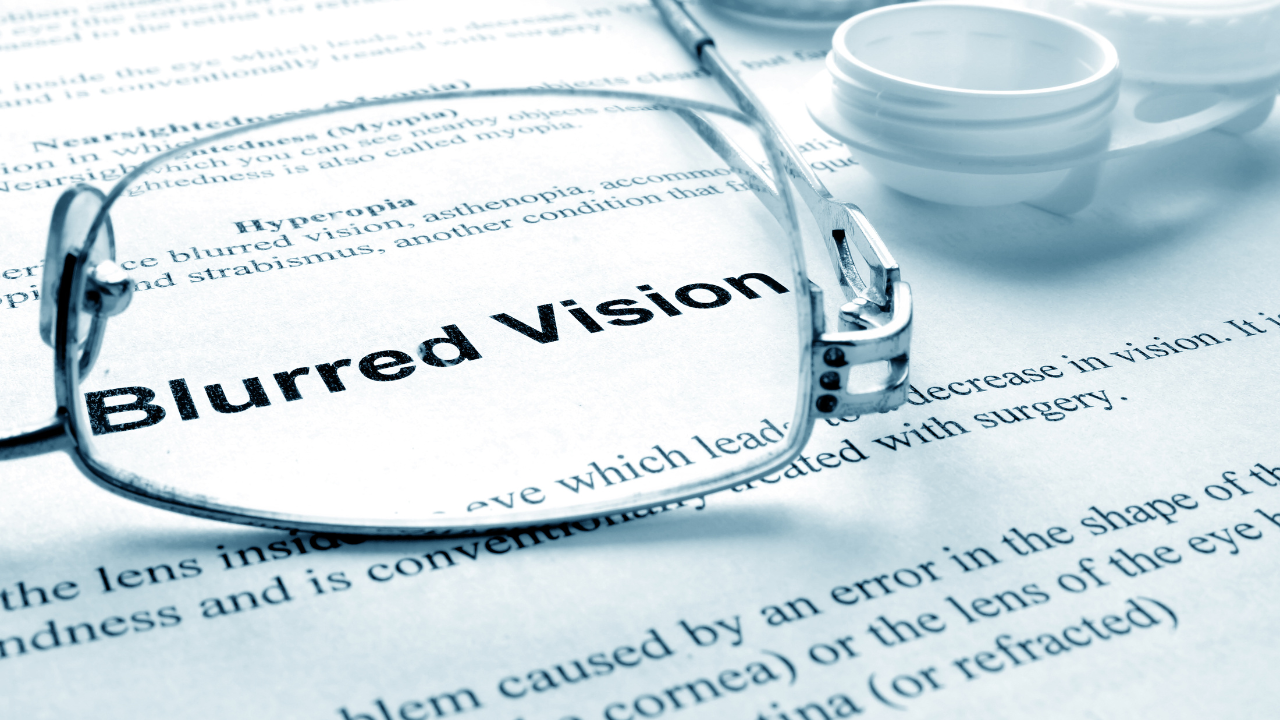Blurred vision is a common complaint among many individuals, and while it can be a temporary inconvenience, it may also signal an underlying eye condition or health issue. Understanding the various causes of blurred vision and recognizing when to seek professional help is essential for maintaining good eye health. At Mahaveer Eye Hospital, we aim to equip you with knowledge about this condition so you can make informed decisions regarding your eye care.
Common Causes of Blurred Vision
- Refractive Errors: One of the most prevalent causes of blurred vision is refractive errors, which occur when the shape of your eye prevents light from focusing directly on your retina. Common refractive errors include:
- Myopia (Nearsightedness): Distant objects appear blurry while close objects can be seen clearly.
- Hyperopia (Farsightedness): Close objects are blurry, whereas distant objects may be seen clearly.
- Astigmatism: Distortion or blurriness at all distances, caused by an irregularly shaped cornea or lens.
- Presbyopia: As people age, they may experience presbyopia, a condition that makes it difficult to see objects up close. This typically begins around the age of 40 and occurs as the lens of the eye becomes less flexible.
- Dry Eye Syndrome: Insufficient tear production can lead to dry eyes, which can cause discomfort and blurriness. This condition can be exacerbated by environmental factors like air conditioning, prolonged screen time, and allergies.
- Eye Diseases: Several eye diseases can cause blurred vision, including:
- Cataracts: Clouding of the eye’s lens can lead to gradual blurring, often described as looking through a foggy window.
- Glaucoma: Increased pressure in the eye can damage the optic nerve and lead to blurred or loss of peripheral vision.
- Diabetic Retinopathy: High blood sugar levels can damage the blood vessels in the retina, causing blurred vision.

When to See an Eye Specialist
While blurred vision may sometimes resolve on its own, it is crucial to recognize when it’s time to seek professional help. You should schedule an appointment with an eye specialist if:
- Blurred vision occurs suddenly, especially if accompanied by other symptoms like headache, dizziness, or loss of consciousness.
- You experience persistent blurriness that does not improve with corrective lenses or after a brief rest.
- Your blurred vision is accompanied by other alarming symptoms, such as flashes of light, floaters, or changes in color vision.
- You have a history of eye disease or health conditions that could impact your vision, such as diabetes or high blood pressure.

Blurred vision can stem from various causes, from common refractive errors to serious eye diseases. Regular eye exams are vital for early detection and management of any potential issues. If you notice changes in your vision or experience persistent blurriness, don’t hesitate to reach out to the experts at Mahaveer Eye Hospital. Our dedicated team of eye specialists is committed to providing comprehensive eye care and personalized treatment to ensure your vision remains



